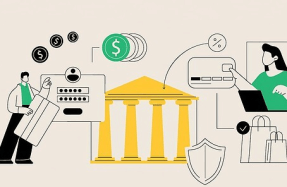
In today's corporate landscape, the relationship between Information Technology (IT) and security departments often mirrors a tangled web, marked by conflicting objectives and strained interactions.
Yet, as digitalisation accelerates across all sectors, amplified by the lasting effects of the COVID-19 pandemic, it has never been more crucial for Chief Information Officers (CIOs), Chief Information Security Officers (CISOs), and other digital technology leaders to align their strategies for the greater good of their organisation.
As we witness an escalating digital race in every industry, the need to harmonise the divergent missions of IT and security has become paramount. So, what are the conflicting perceptions both teams have against each other? And how can business leaders optimise this divided relationship that has persisted for the last decade?

THE CONFLICTING VIEWS OF IT AND SECURITY TEAMS
Traditionally, these two departments have






